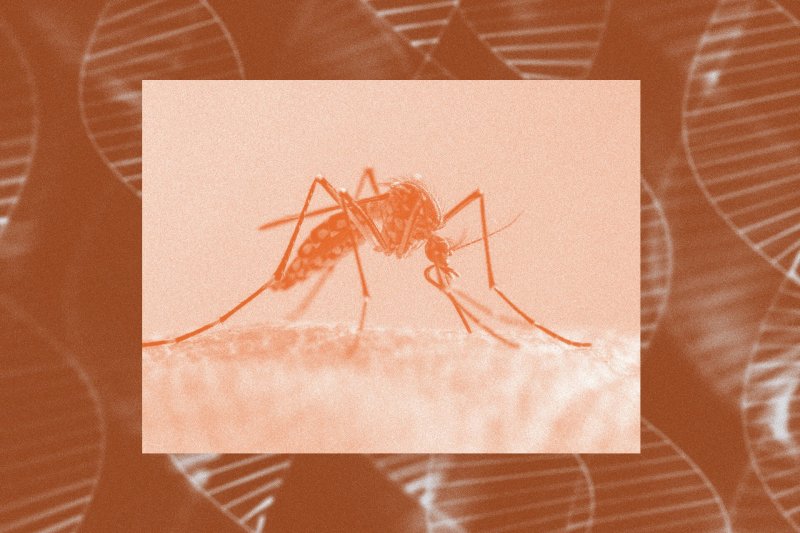U.K.-based biotechnology company Oxitec has partnered with the Florida Keys Mosquito Control District in an effort to control the invasive and disease-spreading female Aedes aegypti mosquitoes in the region.
Oxitec’s [genetically modified] male mosquitoes — which don’t bite, unlike the recently-discovered yellow fever-carrying Aedes scapularis mosquitoes — will be introduced in small areas in a select number of neighborhoods between mile markers 10 and 93 in the Keys.
…
In recent reporting from Undark, the non-profit digital science magazine notes that Oxitec had been proposing an experimental release in the Keys for years and that it had been rejected before in both Key Haven and Key West — though some residents in surrounding areas voted in support of the release.
According to Undark, critics want more proof that the release is necessary, further information about the process and disease monitoring and more public engagement.
Keys mosquito district Chairman Phil Goodman told Undark that many do not understand Oxitec’s technology and are “fearmongering.”
District Spokesperson Chad Huff wrote in an email to Fox News on [April 16] that, given the success of the technique in other countries, the pilot project is “expected to work without consequence” but “to what degree, remains to be seen.”































